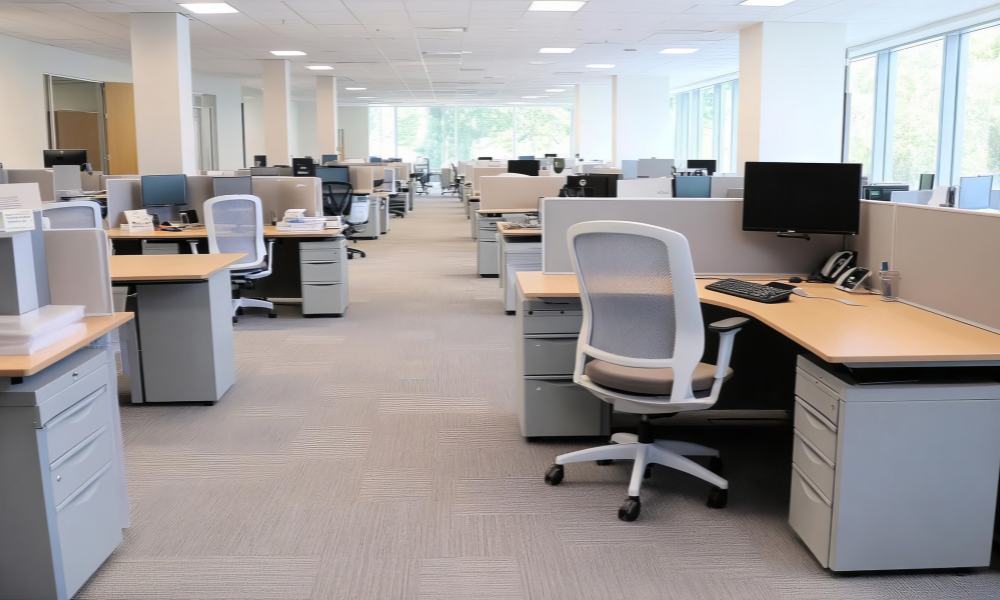
Balancing act: Employers trying to cultivate culture while also being ‘agile, efficient and compliant’

Three in four employees in Australia have admitted that they have or would turn down an opportunity because the company's culture is not the right fit, according to a new report.
The poll, released by Dayforce, is part of a global study that surveyed nearly 10,000 respondents in nine countries, including 1,068 respondents in Australia.
The findings revealed that culture matters in building a productive workforce, with the respondents saying that improving a company culture would make them:
The report also discovered that 75% of Australian respondents have already rejected or would reject an opportunity because the company's culture wasn't the right fit.
The findings further put pressure on organisations to focus on company culture while making sure that the company remains competitive.
"Australian organisations are in a constant balancing act between cultivating a strong culture where people can do their best work, and the needs of the business to be agile, efficient, and compliant," said Brian Donn, Managing Director, APJ, Dayforce, Inc, in a statement.
To give employers a picture of the current state of culture, Dayforce recently released its new Workplace Culture Index that grouped respondents into three categories:
The findings showed that Company Promoters are more likely to say that they are from organisations that provide the technology they need to do their jobs efficiently (85%). They are also more likely to believe that AI will have a positive impact on culture (55%).
Company Promoters were also much more likely than Detractors to say their companies' benefits do a great job in meeting their needs (82% vs 20%).
They are also more likely to say that they have flexibility in how (51% vs. 32%), when (55% vs. 42%), and where (55% vs. 42%) they work.
"Our research provides a data-driven playbook for Australian organisations to make the right investments in culture by aligning their benefits, initiatives, and technology with the needs of their people, thereby creating an advantage when it comes to attracting and retaining the types of employees they want and building a high-performing workforce," Donn said.